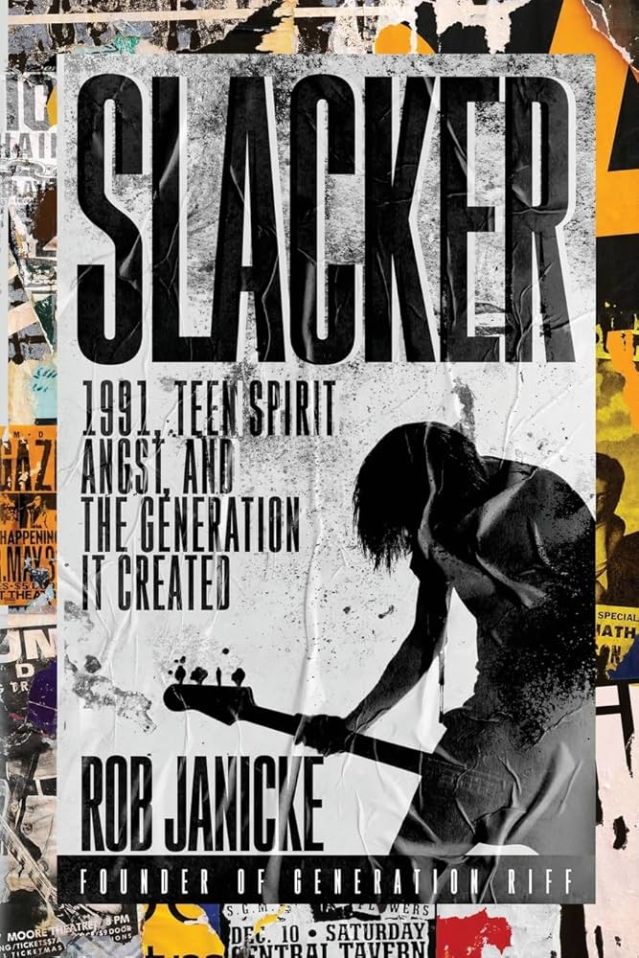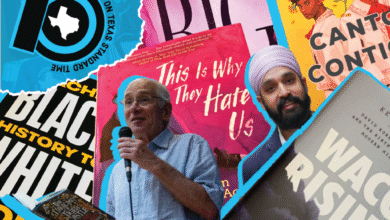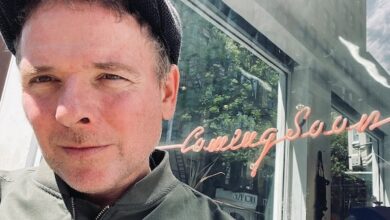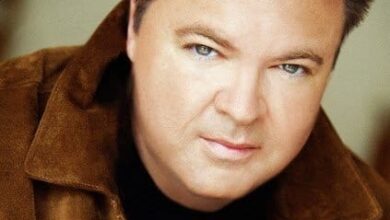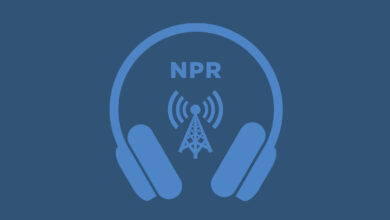Interview with Rob Janicke – Author of Slacker – Part 2 – No More Workhorse
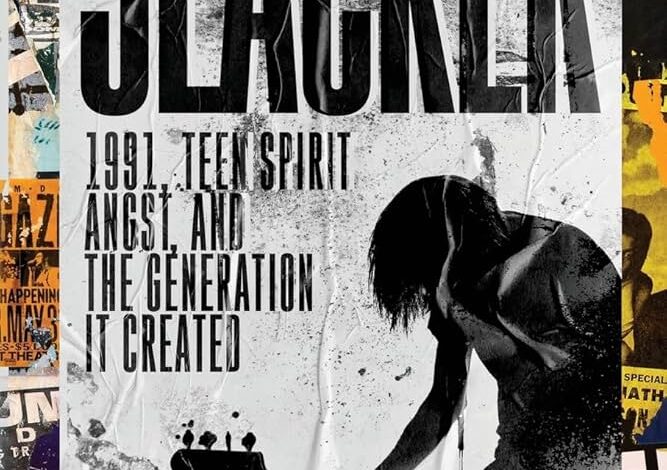
Interview with Rob Janicke – Author of Slacker – Part 2
by Killian Laher
No More Workhorse caught up with US author Rob Janicke about his book Slacker and looking back on the US grunge movement. You can read our review of Slacker here.
You can read Part 1 of the Interview here.
NMW: An interesting observation in your book is that at that time (the 1990s), the climate was good for female musicians, and it gave them that bit of exposure that they didn’t have previously.
RJ: That was important to me. I’m a big music fan, and some of my favourite artists are female artists. I grew up in Brooklyn, New York, which has a reputation for being rough and tough and macho and all that stuff. There’s a reason there’s a reputation. I did witness a lot of that. Women just didn’t get their due. In the ’90s, Nirvana blew the doors open for that music. One of my favourite songwriters of all time is Tori Amos. I think she’s brilliant. I think everybody should listen to her all the time. She’s great. Back then, I’d see all the male artists, but I would go see the female artists as well. I’m glad that they did get their due, so to speak. I mean, pop music always had it, but in a different way, because I suppose for pop musicians it was because they’re really good-looking or whatever.
Even though the ’90s were great for women, one of my conversations was with Tracy Bonham, she was having a conversation with the head of one of the biggest record labels at the time. She remembers the quote, the guy said to her, ‘I’m sorry, but we already have our Alanis Morrissette’. Meaning there’s only room for one. Meanwhile, Tracy Bonham had that song Mother Mother, which blew up and was all over the place for a while. Had she gotten the push that I think she deserved, who knows where the rest of her career would have been. She’s still playing, she’s still touring, she’s still writing music. To hear that from the head of one of the biggest labels back then, it shows you where the mindset was still, even though there was plenty of new opportunity for females to break through in rock.
NMW: Which of the grunge bands do you think really stood the test of time?
RJ: You’d like to say Nirvana, but is it because they were the most popular? Every time I listen to Soundgarden, I hear something new in some of these songs. Musically, they were doing something. I don’t believe grunge is a sound. I believe it was more of a time period. Those big four bands, Pearl Jam, Nirvana, Soundgarden, and Alice in Chains, are all very different musically. I think Soundgarden probably stood the test of time, musically, the best.
I think there were bands that were underappreciated back then. When I hear a Stone Temple Pilots song now, I realise that Robert DeLeo was one of the best bass players ever. I probably didn’t realise that back then because… even though they started in ’92 with their first record, they were looked at back then as almost like a Pearl Jam copycat. I still listen to them all. But if I had to pick one, I would say Soundgarden.
NMW: Was there any other music that interested you back then?
RJ: Grunge always felt like an American phenomenon early on. But my favourite music initially as a kid, was all music from Europe. Heavy metal, punk. Elton John was one of my favourite songwriters and artists when I was young because my mum was always playing top 40, 70s music in the house.
There were two bands from England, earlier than Britpop, before Oasis. I’m talking ’91, ’92, Ned’s Atomic Dustbin and Jesus Jones. I saw them play at a club called The Ritz in New York City. I think Ned’s Atomic Dustbin is one of the most interesting bands of the time. That was 1991 with their first record. They have two bass players. One guitarist, a drummer, singer, and two bass players. When you’re listening to an entire album where every song has two bass players on it, it’s a different thing. It’s still rock, it’s still punk, or it’s still whatever you want to call it, alternative, but it’s a different thing. They came to America, I saw them, and they were great live.
In the book, I spoke to the hip hop producer, Configa, who worked for Arrested Development and Chuck D. He told me that rap or hip hop when it hit England, and that’s where he’s from, it was late. It got there later than the US. So his version of everything was always almost like they were playing catch-up. So it seemed to have lasted.
When my book first came out, it was only through my website. Then it hit Amazon on June 3rd this year. I just found out recently that it’s in Australia. I’d love to do more promotion as this continues to happen. I don’t know what the film is going to do when the documentary comes out or what promotion. If there’s a budget for it for me, I have no idea. But I just wonder if I ever did wind up in a country outside of the United States, would people even care? Does this stuff resonate still, or is it just a small niche thing?
I always felt that I couldn’t be alone in feeling this music the way I was feeling it. If it only exists for people in my age group and older, I’m fine with that because I wrote it for everyone of us. Then, if it becomes a historical document or something that people can look to, I want to learn about it. This book looks like it might teach me something. And if that’s all it is for those people, then that’s great, too. When you write something or create anything and put it out, you never know what it’s going to be or what it’s going to do.
NMW: Have you any more thoughts about writing another book?
RJ: Before I submitted the final version, I started an idea that I thought would be a nice follow-up. I do want to write a second, and I will, but luckily for me, since this came out, my publisher and I have been getting inquiries from people to either co-write a book or ghostwrite for someone. I would love to write somebody’s biography or autobiography, however they want it to be. I would love to do that for an artist. But as I was working on those potential projects and pursuing all that, this book got optioned for a documentary. Not that I can’t write a book at the same time, but this documentary thing blew me away that it was even going to happen. It’s in the beginning stages now. They’re in the process of hiring directors and things like that. When I do something next, it might have to be a little bit after this phase takes place. But absolutely.
You just write. If you’re a writer, you write. And it doesn’t even have to be for other people. You just like to write. You like to put things down and tell stories, even to yourself. I’ll definitely write something else after this.
Slacker is available through Rob’s website https://www.robjanicke.com/shop-1 and Amazon
Source link

